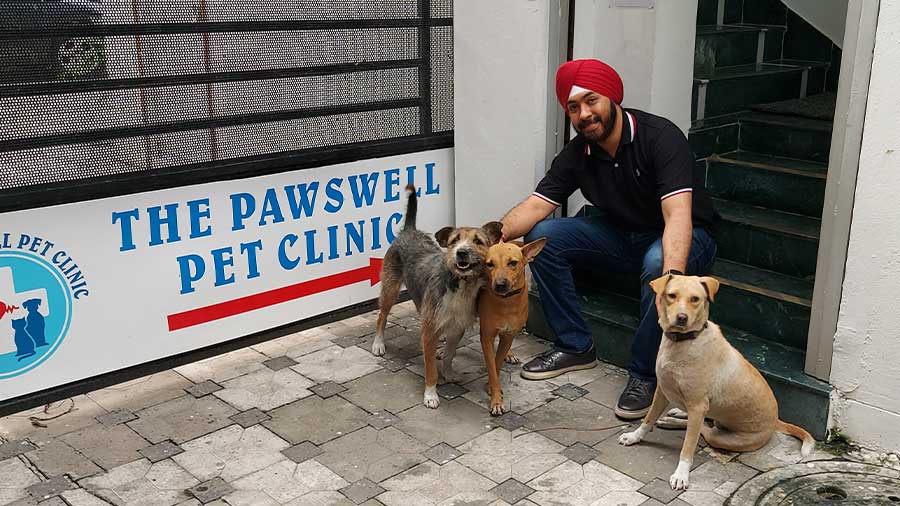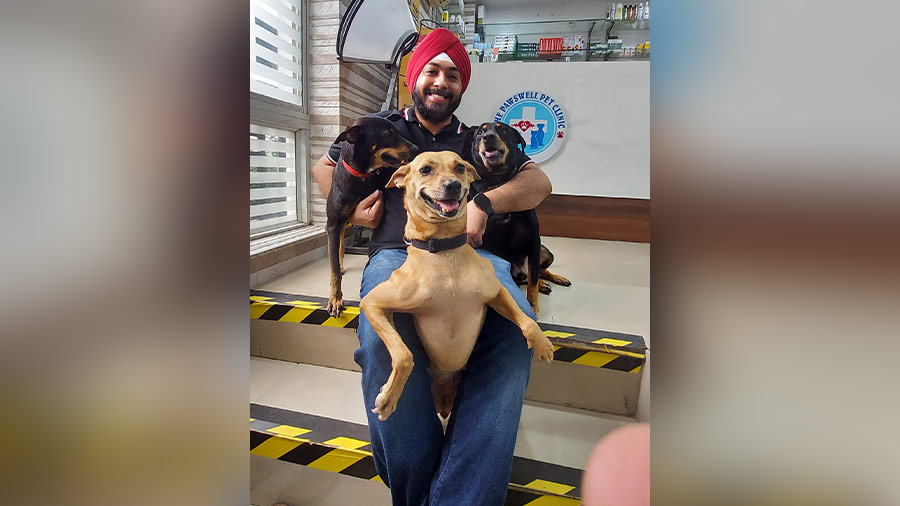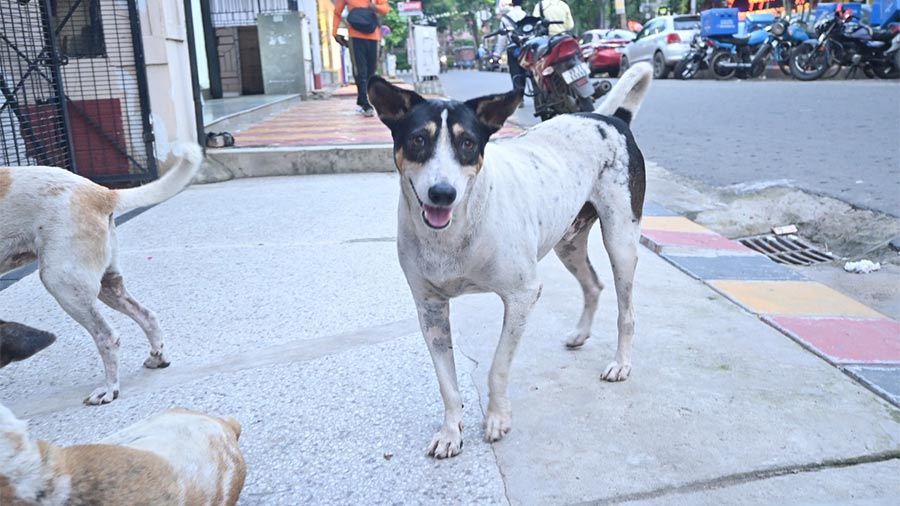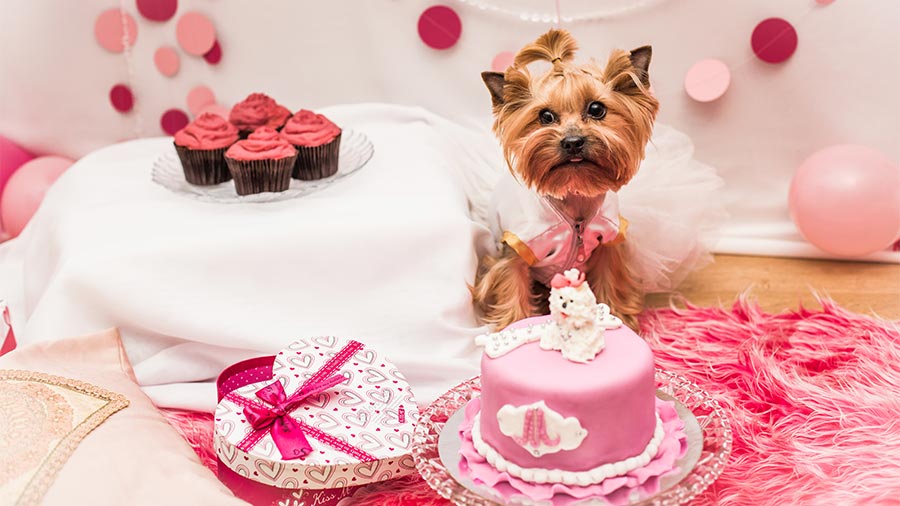According to the Cambridge Dictionary, the word ‘pariah’ refers to an individual who lacks acceptance within a certain social circle, often due to a lack of popularity, respect, or trust. In Hindi, (पराया), it signifies an outsider. The origin of ‘pariah’ can be traced back to the Tamil word ‘Paraiyar’, denoting a ‘social outcast’. This word, ironically, is employed for one of the earliest recognised native dog breeds, famously known as the desi kutta or Indie dog, and often unfortunately referred to as a stray.
The Indian pariah represents one of the most ancient and prevalent strains of native canines found throughout the Indian subcontinent. These dogs can be found in India, Pakistan, Nepal, and Bangladesh, in significant numbers. They bear diverse indigenous titles within different localities, and their physical characteristics can exhibit slight variations influenced by factors such as landscape and climate. Nonetheless, their intrinsic nature remains quintessentially native, reflecting their genuine desi essence.
Cherished pets and loyal companions
After enduring disregard for centuries, Indian pariah dogs have recently started receiving some recognition and love. Despite not achieving official recognition as a standardised breed by prominent kennel clubs, people are now seeing them as cherished pets and loyal companions, who can even become service dogs.
With unparalleled intelligence, amiability, and agility, Indian pariah dogs stand on equal footing with their purebred counterparts. Our fixation on exotic breeds can sometimes lead to us overlooking their genetic makeup, and robustness against illnesses. These dogs are self-reliant, while maintaining a remarkable capacity for adaptability, making them an ideal choice as pets for any household.
Fascination with foreign breeds
India holds the distinction of harbouring the world’s largest stray dog population. This could be attributed, at least in part, to our fascination with foreign and exotic breeds. We need to formally acknowledge the Indian pariah to safeguard and foster its growth. This astute, clever, and multifaceted animal embodies our heritage and evolutionary journey.

Gurshaan Kohli outside his pet clinic
As a pet parent to 10 Indie dogs, who operates a 24-hour pet clinic in Kolkata, I have recognised several advantages of having an Indie dog as a companion:
- Minimal grooming: Their short coats and limited shedding make them very easy to maintain. Regular baths suffice, and they swiftly dry themselves under the sun.
- Sociability and affection: Indie dogs exhibit remarkable social skills and affection, making them highly compatible with children and other pets.
- Alertness and protective nature: Their keen awareness and protective instincts render them excellent guard dogs.
- Robust immunity: The Indian pariah boasts exceptional health. Their natural evolution has minimised genetic disorders. While hip dysplasia and cancers are common among artificially bred dogs, they are extremely rare occurrences in Indies.
- Intelligence and trainability: Indie dogs are highly intelligent and receptive to training, facilitating effective learning experiences.
I earnestly urge prospective pet parents to contemplate adopting homeless Indie dogs as companions. By doing so, you not only provide a permanent and affectionate home to a displaced soul, but also play a vital role in eradicating unethical backyard breeding and cruel puppy mills. These practices subject dogs to conditions that are both inhumane and atrocious. Choosing to adopt an Indie dog not only enriches your life with a loyal friend, but also contributes to a positive change in the lives of these animals and the broader landscape of pet ownership.
Gurshaan Kohli is a parent to 10 Indie dogs, and the owner of Park Circus-based, 24-hour facility, The Pawswell Pet Clinic.


